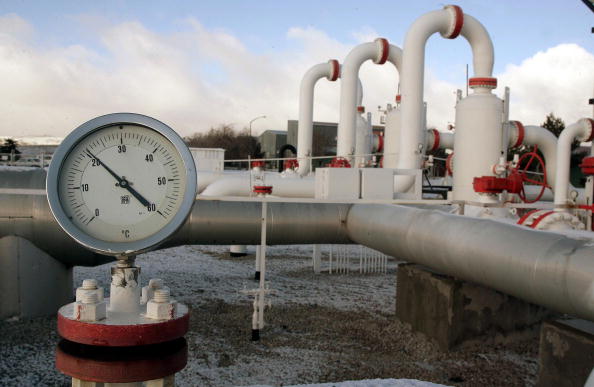Baku, Azerbaijan, May 10
By Elena Kosolapova - Trend:
The influence of the Turkish Stream project, which envisages Russian gas supplies to Turkey and further to Europe bypassing Ukraine, on the European gas market will depend on how many strings of this pipeline will be built up in the end, Marco Giuli, an energy issues analyst at the Brussels-based European Policy Center, believes.
Russian energy giant Gazprom started construction of the Black Sea section of the Turkish Stream pipeline past Sunday.
“A one string pipeline for 15.75 billion cubic meters would simply serve the Turkish market, replacing the current transit through the Trans-Balkan pipeline. A second string might provide gas to Europe – notably the Balkans... However, some onshore adaptation would be needed on European territory,” Giuli told Trend by email.
Answering the question on possible negative effect of the Turkish Stream on the Southern Gas Corridor project, which will bring Azerbaijani gas to Europe, the analyst noted that the Southern Gas Corridor is now in advanced stage, and Trans Adriatic Pipeline (TAP) which is a part of the project has obtained an exception from the rules of the EU’s Third Energy Package for 25 years.
The Third Energy Package, in particular, says that one gas provider should use no more than 50 percent of the pipeline capacity, and the remaining capacity should be put up for auction. The EU refused to grant exception from the rules of Third Energy Package to the pipelines bringing Russian gas to Europe.
However Giuli noted that increased Russian export capacity would put Russia in a strong position to compete with other sources, and to deter further developments of the Southern Gas Corridor. In addition the expert noted that it cannot be excluded that one day some Russian gas from the Turkish Stream might transit further to Europe through the TAP pipeline.
Speaking on the influence of the Turkish stream on Ukraine, Giuli noted that this project, together with Nord Stream 2, is planned to reduce or eliminate the Russian dependence on Ukraine’s transit route.
“Ukraine would lose transit revenues and geopolitical centrality,” he said.
Meanwhile the expert noted that to counter the competition of alternative routes, Ukraine's Naftogaz is planning to reduce its transit fees after the expiration of the current contracts in 2019.
In October 2016, Russia and Turkey signed an intergovernmental agreement on the construction of two offshore strings of the Turkish Stream gas pipeline.
The annual capacity of each string is estimated to have a capacity of 15.75 billion cubic meters of natural gas. The first string will supply gas directly to Turkey, while the second is to be used to deliver gas to European countries through Turkey. Initially the countries planned to build four strings of the pipeline.
Follow the author on Twitter: @E_Kosolapova






